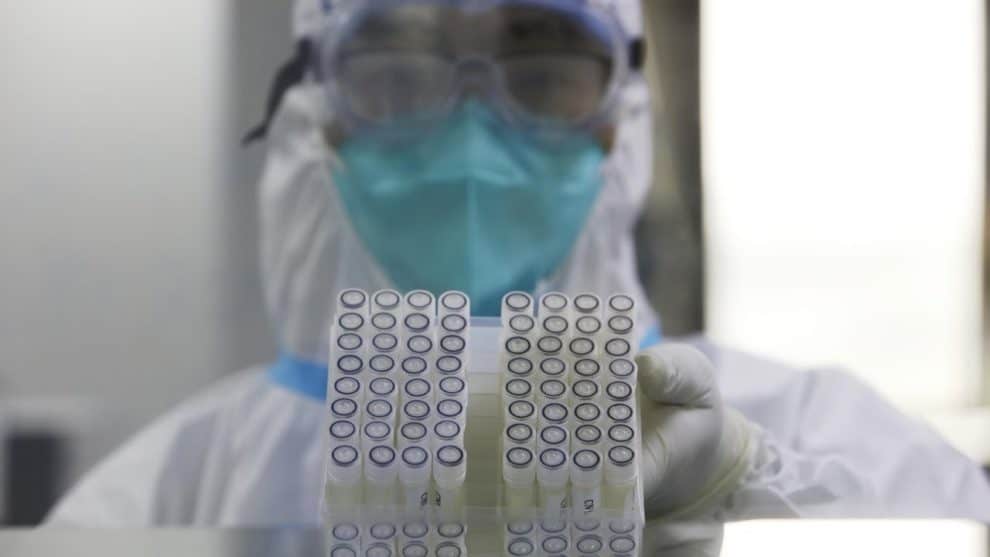A tried-and-tested coronavirus vaccine is still several months away. Meanwhile, people are holding COVID-19 parties, where a crowd of healthy people gather with an infected patient to contract the virus. If you’ve contracted the coronavirus in the past and have recovered, there is no guarantee that you are immune to a coronavirus reinfection. The virus could catch you again a few weeks or months later.
Coronavirus reinfection is a reality
According to some doctors and health experts, people who have recovered from the coronavirus could lose their immunity just weeks after the recovery. Dr. D. Clay Ackerly says that one of his patients caught the coronavirus again three months after a previous infection. And symptoms were more severe the second time.
Dr. D. Clay Ackerly said there is still a lot we don’t know about our immunity to COVID-19. But growing evidence suggests that a coronavirus reinfection can’t be ruled out. Ackerly’s patient had only mild cough and sore throat the first time. But the patient developed a high fever, hypoxia, and breathing difficulties on the second infection.
This shouldn’t come as a surprise because many viruses in the coronavirus family cause repeat infections. The fact that the coronavirus reinfection causes more severe symptoms is worrisome. It suggests that our immune system’s response is not as strong as health experts previously believed.
A similar case has been reported in India. A person contracted the coronavirus, received treatment in a government hospital in the state of Telangana, completed the mandatory 10 days without any symptoms, then stayed in home quarantine for another 17 days. Before going back to work, he underwent a test again and the test results came out positive. The patient has started showing symptoms again.
Will herd immunity work with COVID-19?
The occurrence of coronavirus reinfection also raises serious questions about herd immunity. Herd immunity relies on the thesis that if most of the population contracts the virus, our collective immunity will protect the community from the further spread. It’s considered the last option because for herd immunity to happen, a large part of the population has to get infected. It also means a high death toll.
Sweden promoted herd immunity when most countries were enforcing lockdowns. And the country regrets having done that.
PREVIOUS REPORTS:
According to Dr. Faheem Younus, Chief of Infectious Diseases, University of Maryland Upper Chesapeake Health, it is extremely unlikely that a patient who has got recovered after getting infected with coronavirus can get re-infected. Here’s what he exactly said:
EXTREMELY unlikely. Despite 8 million+ cases, reinfection hasn’t been reported. Patients who fully recover are likely immune. Duration of immunity unclear
Every recovered person is a barrier to future chains of community transmission
Despite Dr. Faheem Younus claims on reinfection of coronavirus, there are several recent reports on how some people who tested negative after getting coronavirus, got re-infected again. Below are the reports:
Pakistan Coronavirus Re-infected Cases:
A case of reinfection from COVID-19 has appeared in Pakistan giving rise to the speculation that there is more than one strains of novel coronavirus in Pakistan, claims Dr. Salman Kazmi.
Salman Kazmi, who is a general secretary of the Young Doctors Association (YDA), shared his claim of re-infection of coronavirus on his Facebook post:
“Just seen a case of reinfection from COVID-19 with more severe symptoms. This shows we have more than one strains around as we don’t have the capacity to test strains. So please be careful and always take precautions. This is the first case I have seen with proper symptoms of reinfection.”
South Korea Coronavirus Re-infected Cases:
South Korean health authorities also showed concerns about the re-infection of coronavirus as some patients in the country resulted positive again. However, the claim was back-tracked after weeks of research, they now say that such test results appear to be “false positives” caused by lingering – but likely not infectious – bits of the virus.
China Coronavirus Re-infected Cases:
Reports of patients testing positive twice aren’t limited to South Korea; they have also poured in from other countries, including China and Japan.
Some Wuhan residents who had tested positive earlier and then recovered from the disease have tested positive for the virus a second time. Based on data from several quarantine facilities in the city.
However, the general consensus in the scientific community — with all the information available to date on the new coronavirus — is that people aren’t being reinfected, but rather falsely testing positive, Carol Shoshkes Reiss, a professor of Biology and Neural Science at New York University said.
Latest study on Antibodies:
A new study published in Nature Medicine suggests, coronavirus antibodies may last only two to three months after a person becomes infected with Covid-19.
